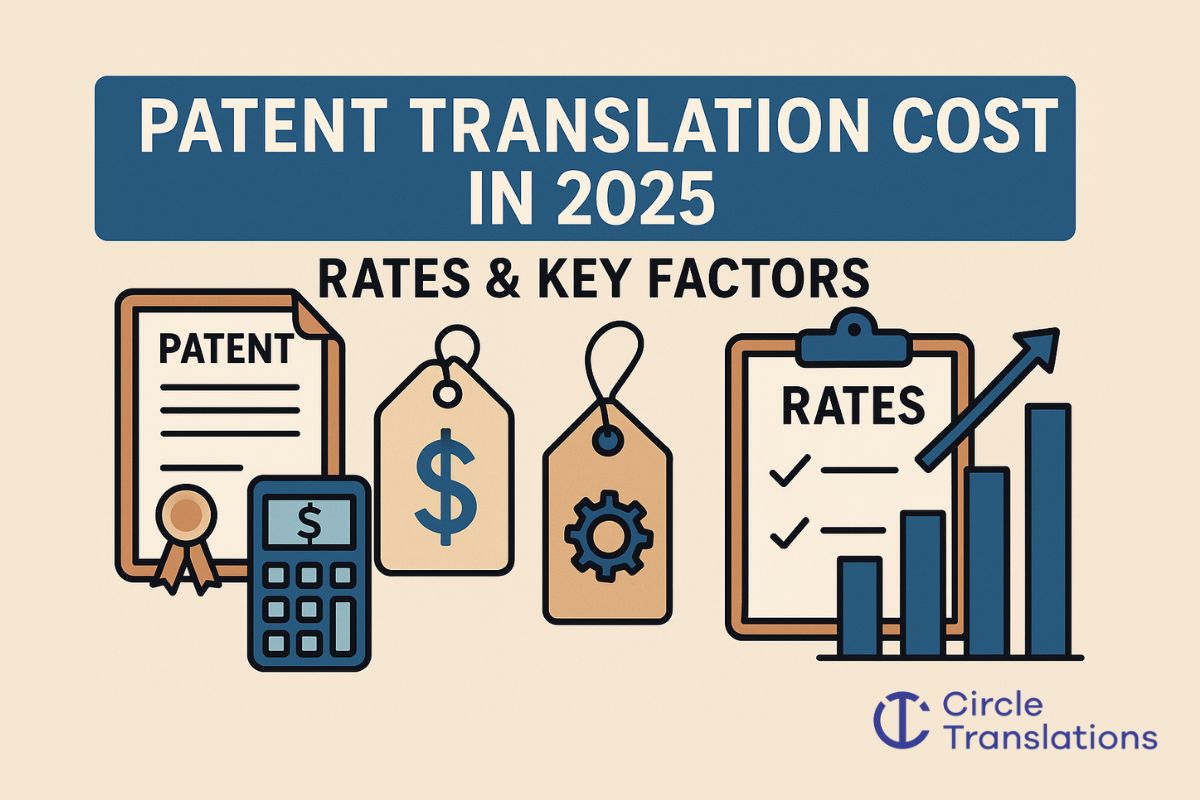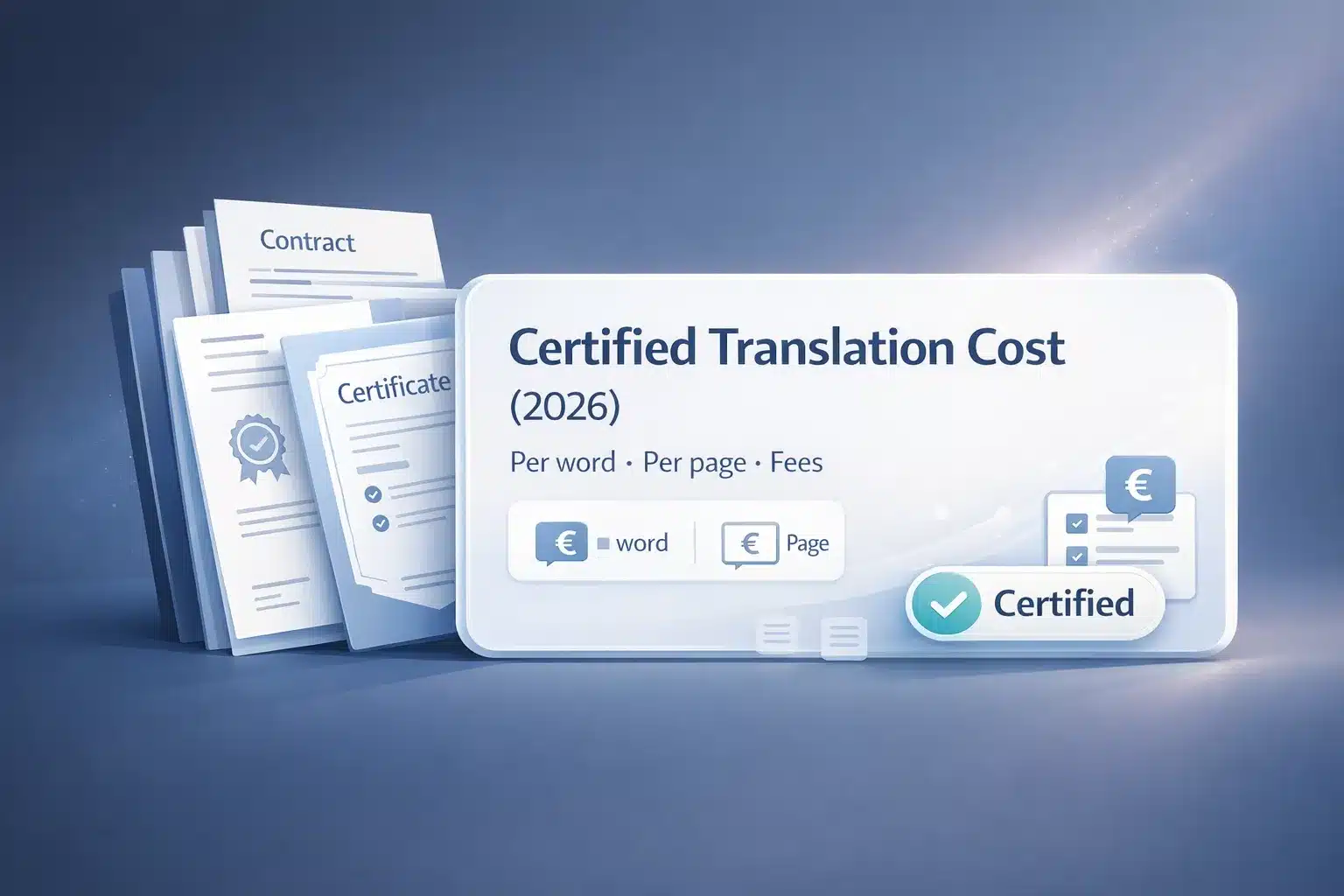Frequently Asked Questions
What is closed captioning in a movie theatre?
Closed captioning in a movie theatre is a personal accessibility system that displays a film’s spoken dialogue and audio cues as synchronised text on a device held by the patron, rather than on the main cinema screen. The 3 main devices used are the Rear Window Captioning System, Sony Entertainment Access Glasses, and the CaptiView cupholder display.
How do I request closed captioning at a cinema?
Closed captioning devices are requested at the cinema box office or customer service desk before the screening. Under the 2016 ADA Final Rule, U.S. theatres are required to have sufficient captioning devices available and to staff members trained to assist with their setup.
What is the difference between closed captions and subtitles in cinemas?
Closed captions include non-speech audio information — speaker identification, sound effects, and music cues — while subtitles display only translated spoken dialogue. Closed captions are classified as an accessibility tool under the ADA; subtitles are not.
Are all movies shown with closed captioning available?
No. Closed captioning is available only for digital films that have been produced with a caption track by the studio. Films are identified in cinema listings with the abbreviation CC. Audio description availability is indicated by the abbreviation AD.
What are the disadvantages of closed captioning in movie theatres?
Closed captioning devices in movie theatres have 4 documented limitations: synchronisation delays between speech and displayed captions, device malfunction risk during screening, battery depletion if devices are not recharged by theatre staff, and physical discomfort when devices are incompatible with existing prescription eyewear.
What is the difference between open captions and closed captions in cinemas?
Open captions are projected directly onto the cinema screen and are visible to all audience members; they cannot be turned off. Closed captions are displayed only on the patron’s personal device and are invisible to the rest of the audience. The ADA permits theatres to use either system to satisfy their accessibility obligations.
Are movie theatres legally required to provide closed captioning?
Yes. Under Title III of the ADA and the 2016 ADA Final Rule on Movie Captioning, all U.S. movie theatres showing digital films produced with closed captioning are legally required to provide patron-seat captioning devices upon request.
What does Circle Translations offer for captioning and subtitling?
Circle Translations provides professional subtitle translation and captioning services across 73+ languages, delivered by ISO 17100-certified translators with specialisation in audiovisual content. Services include video subtitling, transcript translation, and accessibility captioning for film, e-learning, and broadcast.
Who benefits from closed captioning in cinemas beyond deaf audiences?
Research by 3PlayMedia shows that 50% of hearing viewers prefer watching video content with captions enabled. Closed captioning benefits viewers in noisy or sound-sensitive environments, non-native language speakers, and individuals with auditory processing conditions beyond clinical deafness.
Subtitles

Professional and Accurate Subtitle Services for your Videos.
- Video subtitles specifically tailor-made for improving accessibility.
- Using highly experienced subtitlers with years of industry experience.
- Professionally written and expertly timed.
Translation

We help the world’s top companies translate their content in over 73 languages!
- We localize content for internet websites, games, travel, cryptocurrencies, and more
- Expand your global audience by adding different languages.
- We work only with qualified translators and experienced content creators
Audio translation

Ensuring full accessibility for Blind and visual impaired audiences.
- Visual descriptive events as they occur in the video.
- Working with top audio describers to perfectly describe what is happening on-screen
- Professional sound recording.















